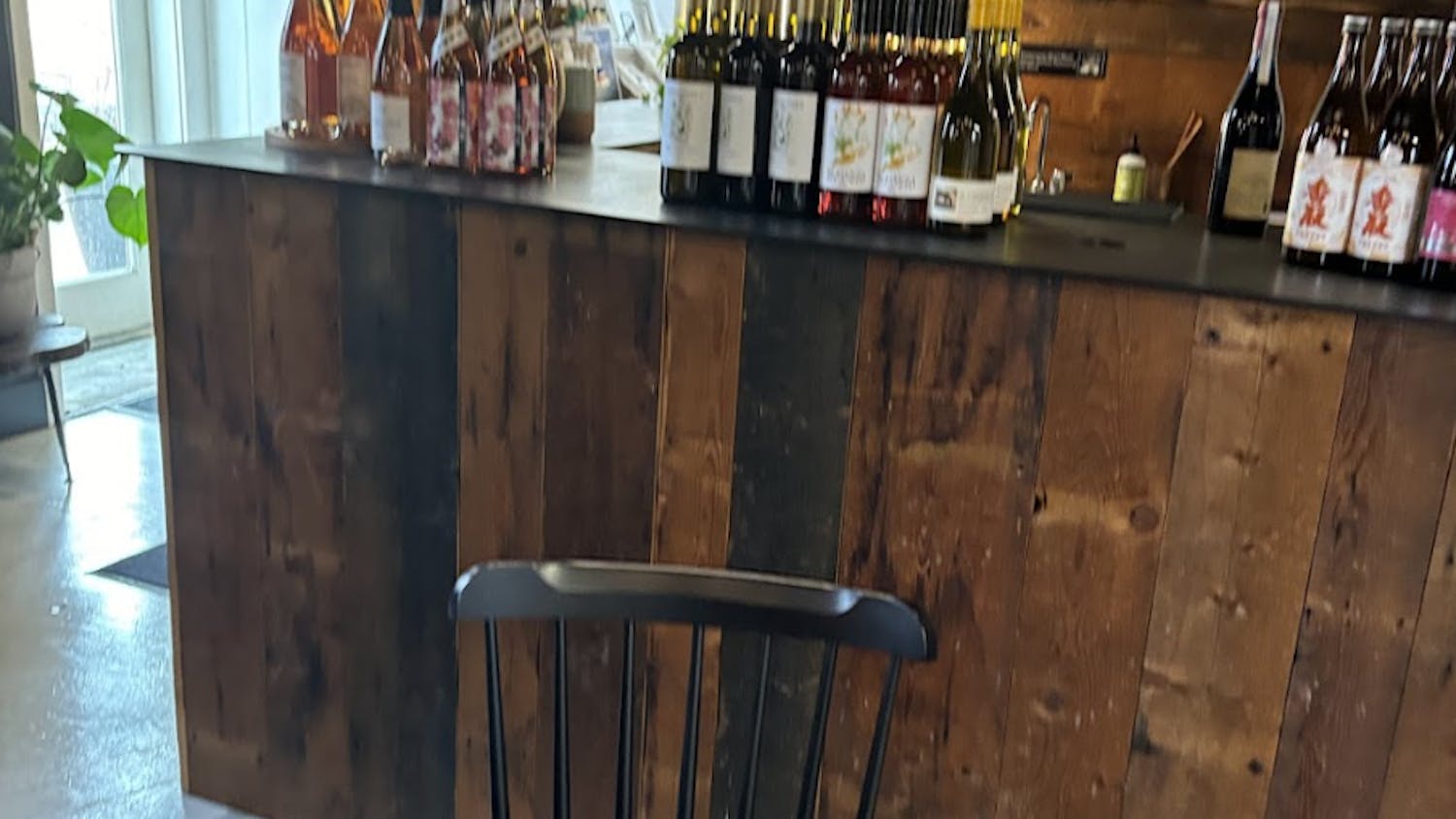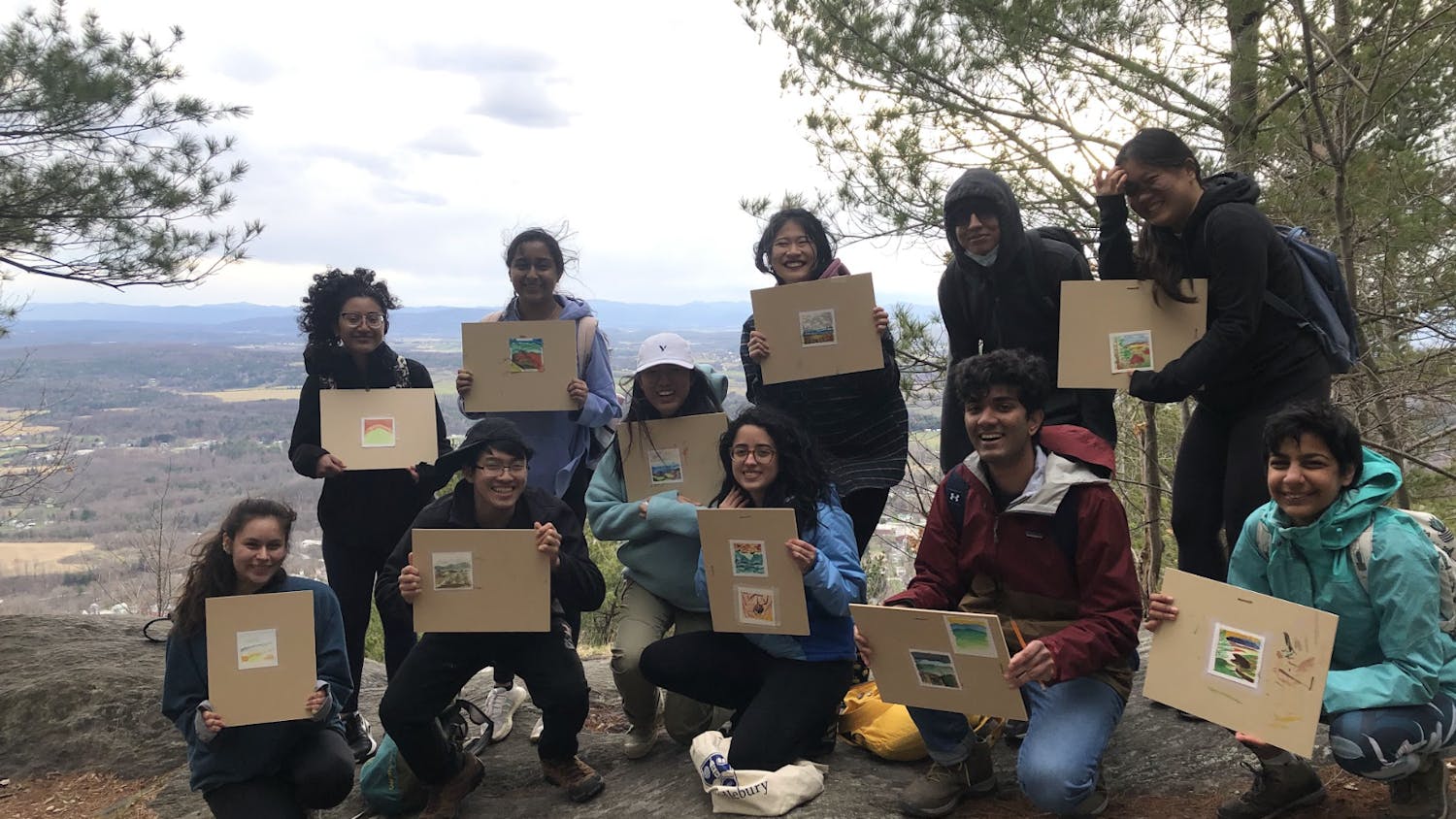On Jan. 1 University of Vermont became one of the first public universities in the country to ban the sale of bottled water on their campus. Bottled water will not be sold in vending machines, or through retail, concessions, catering or residential dining.
Many believe that there is no need for the sale of bottled water. The UVM Office of Sustainability reinforces this point, assuring that “Vermont provides safe, clean drinking water to campus.” In their opinion, providing bottled water from outside communities is unnecessary.
How will this new policy affect the students? According to some UVM students, the transition to plastic water bottles won’t be very difficult. UVM senior Kristen Valerio noted, “I am glad the water bottle ban is in effect,” though, “personally I have never needed to buy bottled water on campus.”
Valerio is not alone. UVM senior Aileen Lennon and UVM first year Joe Voelker echoed Valerio’s response, remarking that they too are unaffected by the ban because they use reusable bottles. It appears that most of the UVM student body already owns reusable water bottles. Voelker added that using a reusable bottle is good for multiple reasons.
“It’s cheaper and I learned tap water is usually healthier and better for the environment … so why not?” Said Voelker.
For those who do not have their own reusable water bottle, finding one likely will not be a hassle; many times throughout the year, the UVM student center gives out water bottles for free. “Students should not find themselves inconvenienced by the ban,” says Lennon.
Maggie Galka, a junior at UVM who was involved in the water bottle ban hopes that once students are accustomed to using reusable water bottles, they will carry that practice beyond their campus.
“It is the intention of the bottle ban that anyone uses reusable water bottles on campus and that hopefully they can extend that behavior wherever they go,” said Galka. “Using a reusable water bottle is one of the easiest ways you can reduce waste that ends up in a landfill. It also reduces your energy consumption and therefore your carbon footprint a great deal. While many students and faculty members avoided buying bottled water before the ban, the ban really serves to change UVM culture about reducing unnecessary waste.”
While there are already many filling stations in Davis, the UVM student center, the school has plans to add even more. Drinking fountains all across the UVM campus will be replaced with water bottle fillers. The school hopes to install a total of 75 fillers. Valerio, who previously used water fountains to fill up her bottle, believes the fill stations will be more convenient.
But the transition from fountains to fillers is a concern for some students. Lennon, a frequent user of the filling stations, explains that the stations are convenient, as they are typically connected to water fountains. However, in her opinion, to turn a water fountain into solely a fill station doesn’t seem right.
“The idea isn’t to punish those who forget their water bottles,” she added.
Some even consider the fill stations purely unnecessary. When asked how he feels about the filling stations, Voelker said, “I think it’s a waste of money. Stupid. Dumb. Silly. Baffling. Buffoonery.”
Although student reactions to the filling stations are clearly mixed, most agree that the water bottle ban is a good move. Lennon remarked that despite the mild inconvenience, at the end of the day, everyone is fully aware that the ban is for a good cause.
This should not come as a surprise, since the water bottle ban was a student-initiated project. The proposal to ban bottled water was started four years ago by Vermont Students Toward Environmental Protection (VSTEP), a student-run organization created in 1988 to address environmental issues and promote UVM’s recycling program.
Many students were involved with the initiative. For instance, Lennon remembers “signing a few petitions for them [VSTEP] and discussing the ban.”
Indeed, VSTEP gathered over 1,000 signatures from UVM students in support of a sustainable beverage system. In fall 2011, the SGA formally voted and approved the ban.
Lennon, along with many others, is pleased with her school’s decision.
“I am very proud of my school for taking this step,” She said. “We are an environmentally conscience community where a large portion of the student body works hard to reduce their own eco-footprint, so it’s great that the school heard our voices and made a change.”
UVM’s contract with Coca-Cola expired June 30, 2012. Now that the 10-year exclusive contract has ended, UVM dining services can purchase the beverage mix of their choice through national contracts.
The UVM Office of Sustainability believes wholeheartedly that the termination of bottled water sales will reduce the amount of waste generated by the purchase and disposal of plastic water bottles. Some students are skeptical of the impact that the water bottle ban will have. For instance, Lennon is unsure to what extent plastic bottle consumption will decrease. She believes it is idealistic to think banning plastic water bottles will automatically cause those who relied on them to bring their own bottles to campus. “Reality may be that they just buy another plastic-bottled beverage,” says Lennon.
UVM Bans the Sale of Bottled Water
Comments



